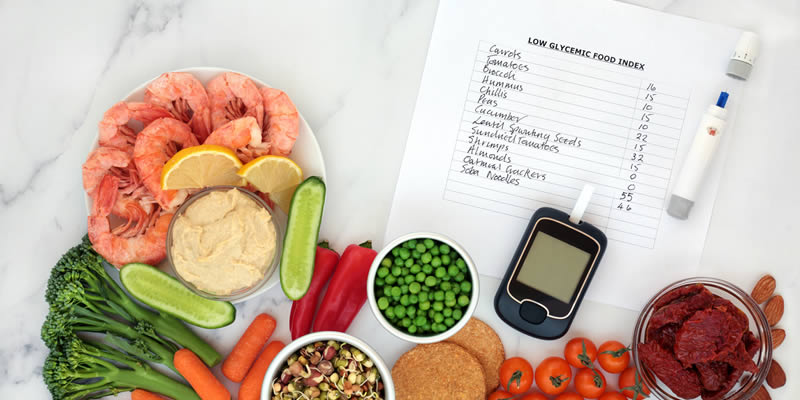American-based researchers have highlighted a link between overweight related inflammation and cancer.
The findings indicate that obese people are in more danger of cancer progression and metastasis because of the immunosuppressive properties in inflammatory cells.
Academics have emphasised the importance of examining the correlation of immunosuppressive cells with the reaction of immunotherapy in those who are clinically overweight, even though previous research highlights that being obese does escalate your chances of developing cancer.
- Racking up 4,400 steps a day can ‘protect’ against serious illness
- High intake of mushrooms can reduce cancer risk
The metabolic microenvironment influences the role of myeloid cells.
An overweight person produces macrophages and myeloid-derived suppressor cells (MDSC) which are a combination of myeloid cells and immunosuppressive properties.
The development of the MDSCs is a predominant component that links the metabolic inflammation in those who are obese.
Cancer sufferers with MDSCs tend to have a low recovery rate and are known to block immunotherapy.
Whilst the main scope of the analysis suggests that obese people are at risk of developing cancerous tumours, the scientific elements are yet to be entirely known.
- Cancer taskforce launched to tackle COVID-19 backlog
- Man puts type 2 diabetes into remission 23 years since diagnosis
The Louisiana-based academics examined previous reports and concluded that the process of immunosuppressive and cancer evolving abilities of myeloid cells is triggered by changing metabolic elements, such as lipids, insulin and leptin, in obese people.
Chief researcher Dr Sanchez-Pino said: “Deciphering the molecular mechanisms by which obesity-associated metabolic factors activate or enhance the function of Myeloid-derived Suppressor Cells and immunosuppressive macrophages will allow us to identify biomarkers for prognosis and therapeutic responses.”
He added: “It will also lead to the discovery of potential targets for pharmacological therapies that may disrupt the pathophysiologic inflammatory link between obesity and cancer.”
The full analysis of the study is available in the June 2021 issue of Obesity.




